What is an Electrical Panel Upgrade?
Definition and Purpose
An electrical panel, also known as a breaker panel or fuse box, is the central component of your home’s electrical system. It serves as the distribution point for electricity, directing power to various circuits throughout the home. An Electrical Panel Upgrade is the process of replacing or upgrading this panel to improve efficiency, capacity, and safety. This enhancement is vital, especially as modern homes incorporate more electrical devices and appliances than ever before.
Common Signs Indicating the Need for an Upgrade
- Frequent Circuit Breaker Trips: If your breakers frequently trip, it may indicate that your panel is overloaded and unable to handle the demand.
- Flickering Lights: Flickering or dimming lights, especially when using multiple appliances, can be a sign of an inadequate panel.
- Old Age: Electrical panels over 20 years old may not meet modern electrical standards and are prone to failures.
- Burn Marks or Corrosion: Any signs of burn marks or corrosion on the panel indicate serious issues that need immediate attention.
- Incompatibility with New Appliances: If you’re installing high-demand appliances, such as electric vehicles or home automation systems, an upgrade may be necessary.
Benefits of Upgrading Your Electrical Panel
Upgrading your electrical panel provides several advantages, including:
- Increased Electrical Capacity: Many older homes have panels with a capacity of 100 amps, which may not suffice for today’s demand. Upgrading to a 200-amp service allows for greater power distribution.
- Improved Safety: Modern panels come equipped with safety features like circuit breakers that enhance safety by preventing overloads.
- Enhanced Functionality: New panels can better support contemporary devices and appliances, reducing issues related to power surges and outages.
- Increased Home Value: Homes with updated electrical systems often appraise higher, making it a wise investment when considering resale value.
How to Assess If Your Electrical Panel Needs an Upgrade
Evaluating Your Home’s Electrical Needs
Assessing whether your electrical panel needs an upgrade starts with understanding your household’s electrical load. Create a list of all major appliances, their amperage ratings, and how often they are used. Compare this with your panel’s capacity to determine if it meets your needs. If your cumulative load consistently approaches or exceeds your panel’s capacity, an upgrade is warranted.
Identifying Common Issues with Old Electrical Panels
Many older electrical panels come with limitations that can hamper performance:
- Substandard Materials: Older panels may use outdated materials that can wear down quickly, leading to safety issues.
- Insufficient Amperage: Houses built years ago often have only 60 to 100 amps, inadequate for today’s energy-wasting appliances.
- Limited Circuit Breakers: Insufficient breakers can lead to overloads, causing breakers to trip frequently.
Consultation with a Licensed Electrician
Ultimately, the best way to determine if your panel needs an upgrade is to consult with a licensed electrician. A professional will assess your current setup, discuss your power needs, and recommend viable upgrade options tailored to your home.
Steps Involved in the Electrical Panel Upgrade Process
Preparing for the Upgrade
To prepare for an electrical panel upgrade, homeowners should:
- Gather Documentation: Collect any previous electrical work done on your home, as these records can be helpful for the electrician.
- Understand Your Energy Needs: Conduct an audit of your electrical usage from daily tasks to appliances for current and future needs.
- Check Local Regulations: Ensure that you are aware of local building codes and permit requirements before starting the upgrade.
Choosing the Right Type of Electrical Panel
When it comes to selecting an electrical panel, there are various types available. A licensed electrician can assist in making the right choice based on your home’s needs. Typically, panels range from:
- 100 Amp Panels: Suitable for small homes or those with minimal electrical demands.
- 200 Amp Panels: Ideal for large families or modern homes with multiple high-load appliances; considered standard for most upgrades today.
- 400 Amp Panels: Needed for large homes or commercial applications with substantial electrical demands.
Installation Best Practices
The actual installation of the new panel entails several steps, including:
- Disconnecting Power: Before installation, ensure that all power to the existing panel is shut off.
- Removing the Old Panel: Carefully detach the existing panel from its mounting location, and safely disconnect the wiring.
- Mounting the New Panel: Install the new panel at the designated location while ensuring all levels and spacing meet local code regulations.
- Reconnecting Wires: Careful reconnection of all circuit wires, ensuring secure fit and proper labeling.
- Testing: Once installed, the new panel should be tested to ensure everything functions properly.
Costs Associated with an Electrical Panel Upgrade
A Breakdown of Typical Expenses
The cost of upgrading an electrical panel can vary significantly based on various factors, including:
- Panel Type: Higher amperage panels typically cost more.
- Location: The complexity of the installation and local labor rates may also influence pricing.
- Permitting Fees: Certain areas may require permits to upgrade, adding to overall costs.
On average, homeowners can expect to pay anywhere from $800 to $4,000 for an upgrade, but costs may fluctuate based on specific variables.
Factors Affecting Upgrade Costs
Several factors can influence the total costs related to upgrading an electrical panel:
- Pre-existing Conditions: If significant electrical or structural issues are discovered during the installation, additional repairs may be needed.
- Complexity of the Job: If the upgrade involves moving the panel location or extensive rewiring, expect higher labor costs.
- Equipment Pearns: The price variations among different panels and their respective features can also affect overall financial implications.
Potential Savings and Long-term Benefits
Though the upfront costs may seem daunting, upgrade investments can yield substantial long-term savings.
- Energy Savings: Enhanced efficiency can lead to lower electric bills as your home becomes more energy efficient.
- Increased Property Value: A home with a modern electrical system typically appraises higher, facilitating potential returns on investment when selling.
- Reduced Maintenance Costs: Modern panels require less frequent maintenance than older ones causing fewer disruptions and repair needs.
Post-Upgrade Considerations and Maintenance
Regular Maintenance Tips for Your Electrical Panel
Post-installation, it’s critical to maintain your electrical panel to ensure longevity and safety:
- Keep It Clean: Regularly remove dust or debris that could accumulate on or around your panel.
- Inspect Frequently: Periodically check for signs of wear such as discoloration or corrosion on wires and connections.
- Stay Informed: Be educated on the signs of electrical issues to take action swiftly should problems arise.
Understanding Your New Panel’s Features
A new electrical panel often includes features designed to enhance safety and functionality:
- Smart Technology: Some modern panels are equipped with smart controls that allow monitoring energy use from your smartphone.
- Higher Amp Ratings: Enables connection to higher load devices, including EV chargers and more powerful appliances.
How an Electrical Panel Upgrade Can Enhance Home Value
An electrical panel upgrade not only benefits your home’s ability to manage power efficiently but also enhances its marketability. Prospective buyers see updated electrical systems as a significant plus, suggesting safety, increased functionality, and lower future costs. Studies show that homes with modern panels can sell faster and for a higher price than those that do not upgrade.
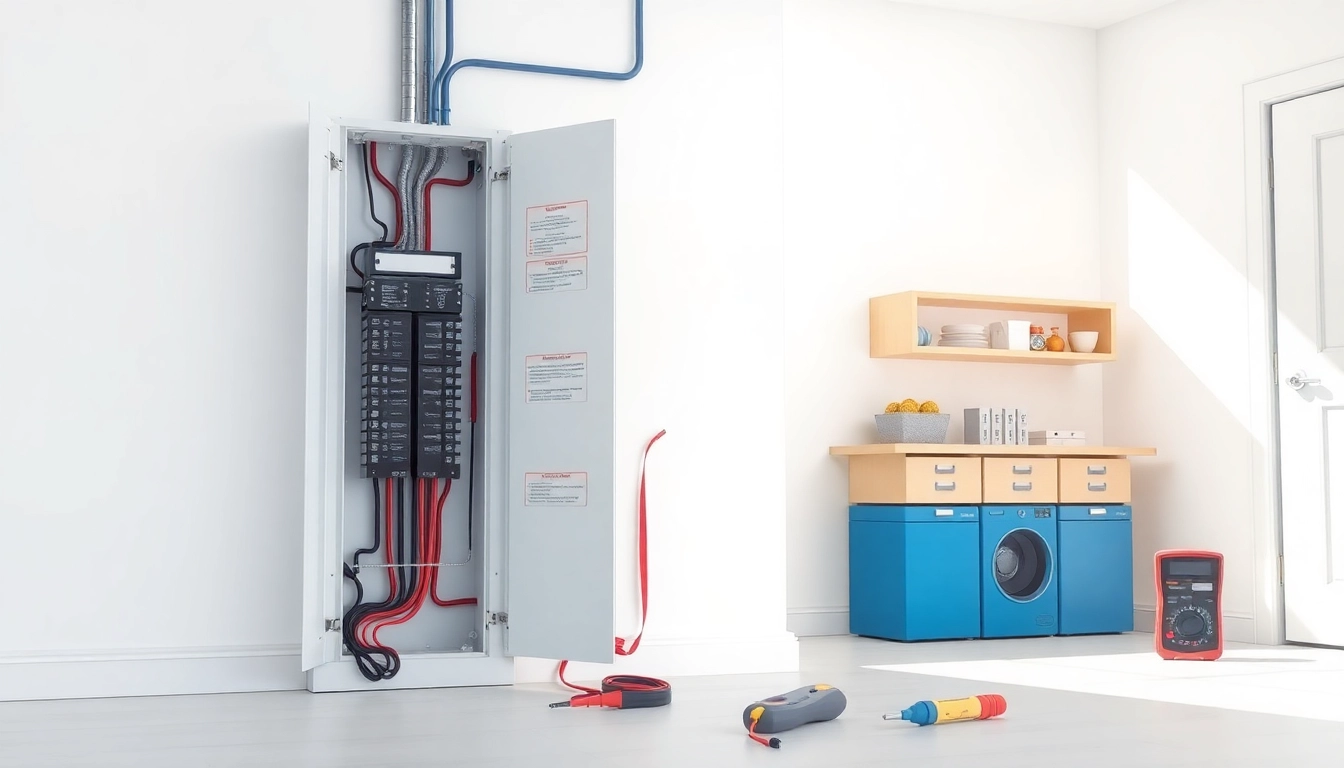


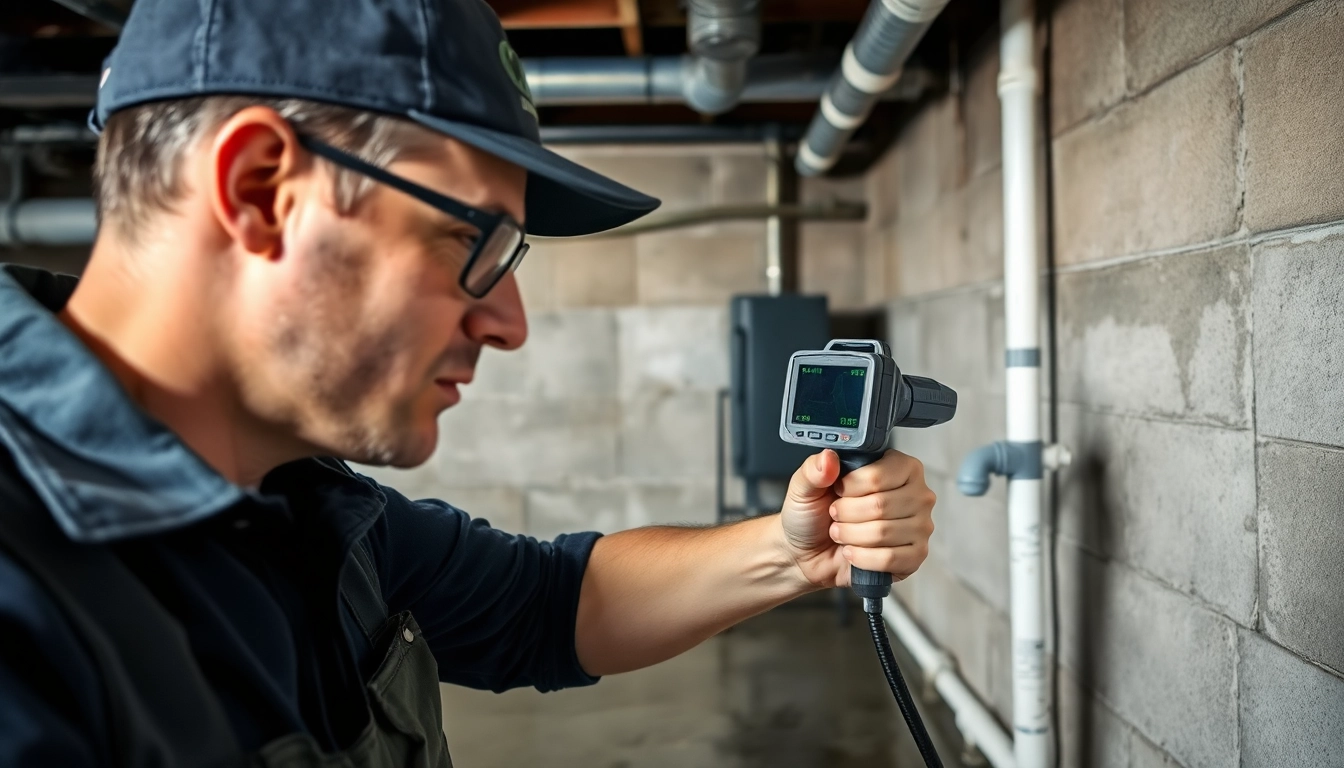



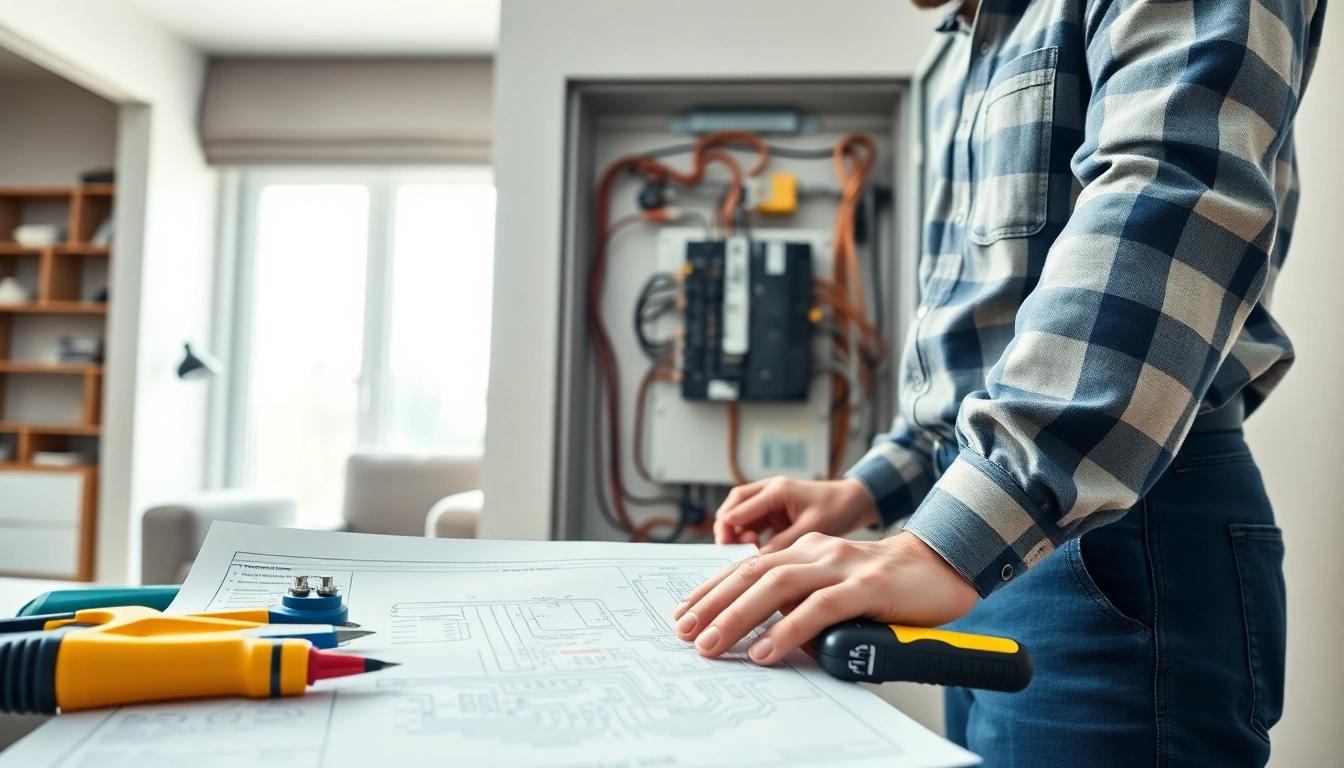

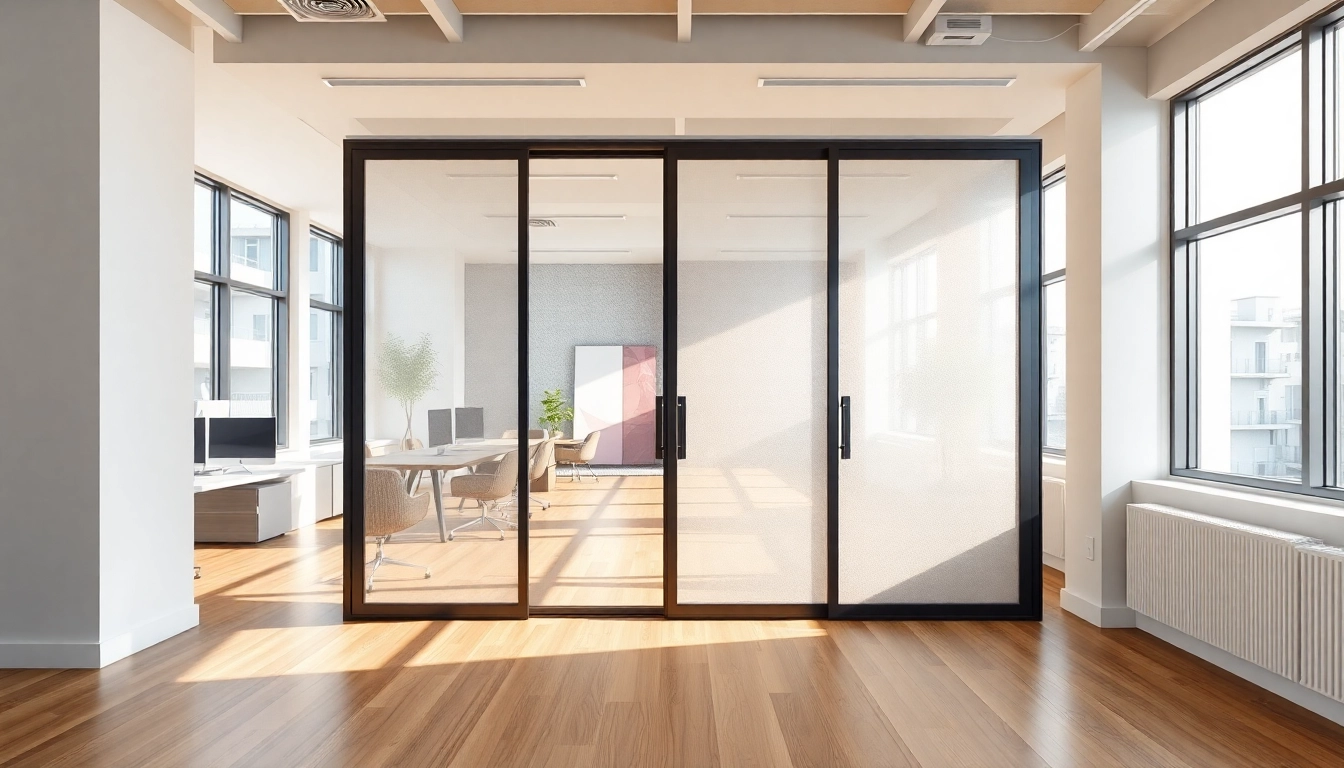


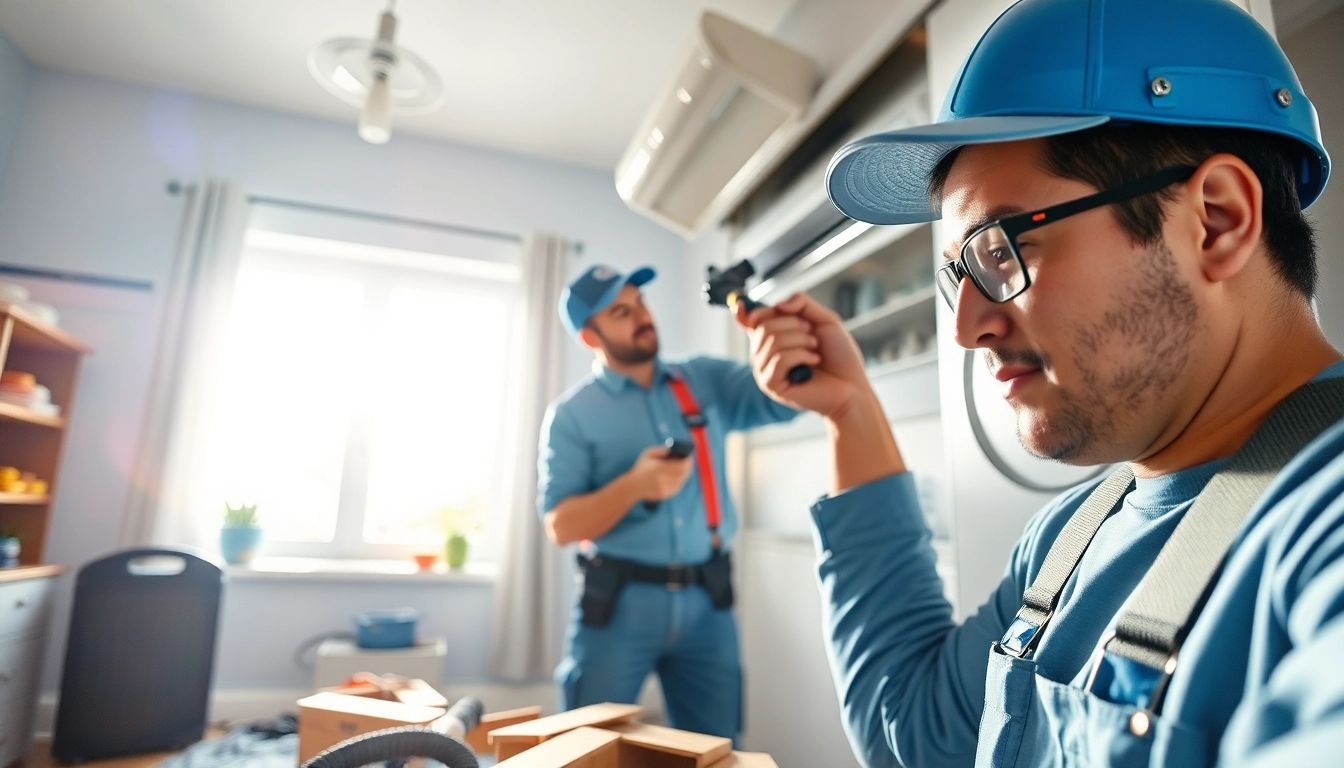

Leave a Reply